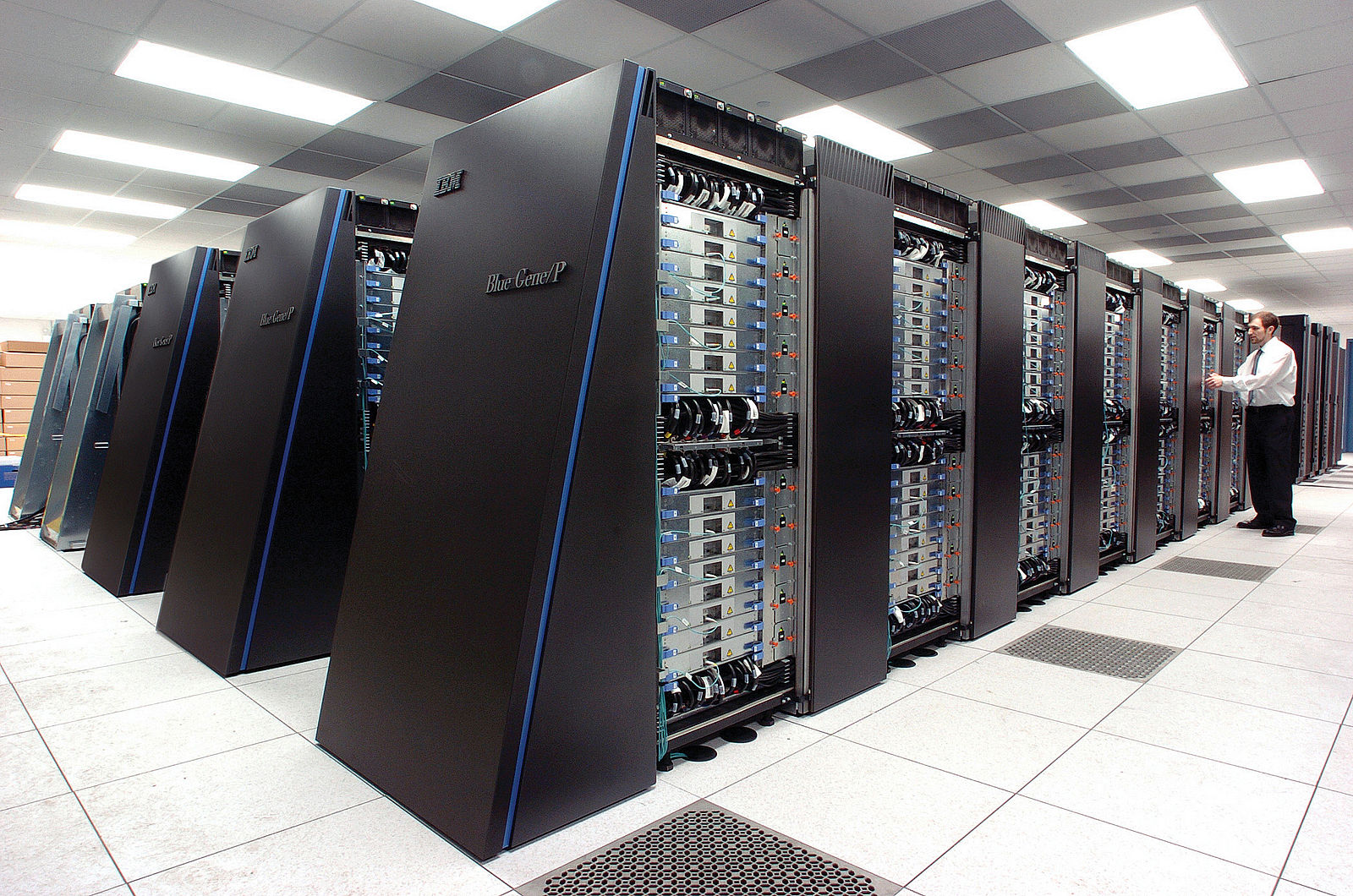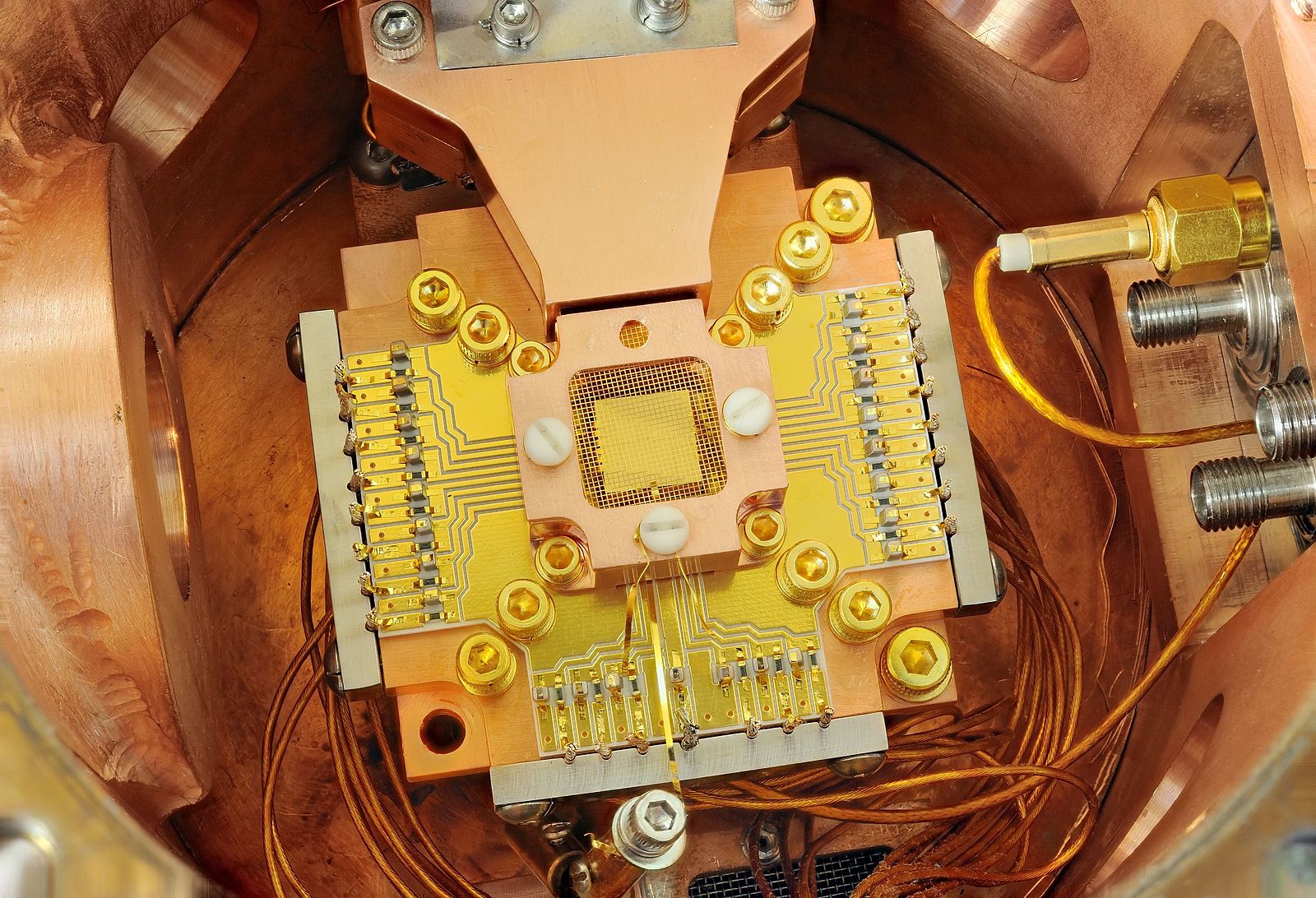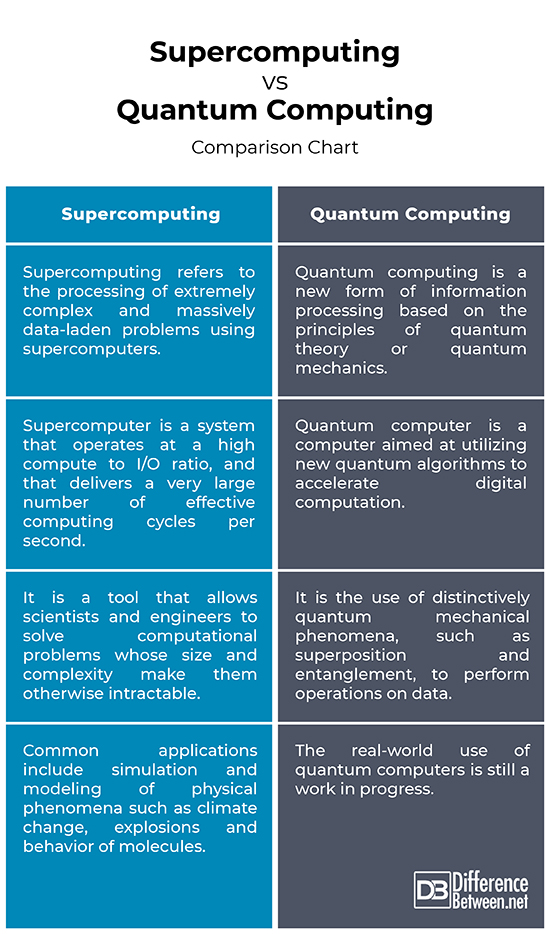Difference Between Supercomputing and Quantum Computing
Scientists and physicists have spent years to deduce and combine two of the century’s most influential and revolutionary theories: information theory and quantum mechanics. They are the most significant discoveries of the century to set the foundation of the modern physics and yet they don’t seem to work together. However, their success gave rise to a new view of computation and information. There is supercomputing, which has played, and continues to play a fundamental role in the field of computational science. Then there is quantum computing, which is borne out of one of the most revolutionary theories of the century – quantum mechanics.
What is Supercomputing?
Supercomputing has always been a specialized form of computing at the cutting edge of technology. As the computing field has grown and matured, computing has become broader and more diverse. A supercomputer is any computing system that operates at a high compute to I/O ratio, and that delivers a very large number of effective computing cycles per second for the solution of complex problems, as opposed to a general-purpose computer.
The terms ‘supercomputing’ refers to the processing of insanely complex, data-laden problems using supercomputers. Supercomputers are undoubtedly the ultimate engine of the information age, playing a significant role in a variety of areas important to the nation. The government is the primary user of supercomputing. Supercomputers are used these days to solve complex problems including simulation and modeling of physical phenomena such as climate change, explosions and behavior of molecules, and data analysis such as genome sequencing and astronomical observations.
What is Quantum Computing?
Quantum computing is the use of distinctively quantum mechanical phenomena, such as superposition and entanglement, to perform operations on data. It is a fascinating new field at the intersection of physics, computer science and mathematics, which strives to harness some of the almost-mystical phenomena of quantum mechanics to broaden our computational horizons. In order to learn quantum computing, it is first necessary to understand some basic facts about the quantum world. Quantum mechanics has played a significant role in the development of new and more efficient computing devices.
According to the principles of quantum mechanics, systems are set to a definite state only once they are measured. Quantum computing is not about changing the physical substrate on which computation is done, but rather changing the notion of computation itself. The fundamental unit of computation is no longer the bit, but quantum bit or ‘qubit’.
Difference between Super Computing and Quantum Computing
Definition of Super Computing Vs. Quantum Computing
– Supercomputing refers to the processing of extremely complex and massively data-laden problems using the most powerful computing machines called supercomputers. Supercomputing is high performance computing, as opposed to general-purpose computing. Supercomputing plays an essential role in national security and in scientific discovery.
– Quantum computing, on the other hand, is a fascinating new field at the intersection of physics, computer science and mathematics, which strives to harness some of the almost-mystical phenomena of quantum mechanics to broaden our computational horizons.
Computer
– A supercomputer is any computing system that operates at a high compute to Input/Output ratio, and that delivers a very large number of effective computing cycles per second for the solution of complex problems, as opposed to a general-purpose computer. Supercomputers perform at or near the currently highest operational rate for computers.
Quantum computers, on the other hand, are computers aimed at utilizing new quantum algorithms to accelerate digital computation, which is not possible with digital computers. However, the field is still in its infancy and the technology is still in its development phase.
Applications in Super Computing Vs. Quantum Computing
– Supercomputing continues to play a significant role in national security and in scientific discovery. Supercomputers are tools that allow scientists and engineers to solve computational problems whose size and complexity make them otherwise intractable. Common applications include simulation and modeling of physical phenomena such as climate change, explosions and behavior of molecules, and cryptology.
Quantum computing is the use of quantum mechanical phenomena, such as superposition and entanglement, to perform operations on data. However, the real-world use of quantum computers is still a work in progress.
Supercomputing vs. Quantum Computing: Comparison Chart
Summary
Supercomputing is not just about the technologies, metrics and economics; it is about the complex web that connects people, organizations, products and technologies.
Supercomputing is an ecosystem of computing platforms, system software and the people who know how to exploit them to solve complex real-world problems.
Supercomputing continues to play an essential role in national security and in scientific discovery. It benefits from many technologies and products developed for the broad computing market.
Quantum computing, on the other hand, is about changing the notion of computation itself. The extent of quantum computing applicability is still being determined. Quantum computing is still a work in progress.
- Difference Between Caucus and Primary - June 18, 2024
- Difference Between PPO and POS - May 30, 2024
- Difference Between RFID and NFC - May 28, 2024
Search DifferenceBetween.net :
Leave a Response
References :
[0]Rieffel Eleanor G. and Wolfgang H. Polak. Quantum Computing: A Gentle Introduction. Cambridge, Massachusetts: MIT Press, 2011. Print
[1]Hidary, Jack D. Quantum Computing: An Applied Approach. Berlin, Germany: Springer, 2019. Print
[2]Yanofsky Noson S. and Mirco A. Mannucci. Quantum Computing for Computer Scientists. Cambridge, United Kingdom: Cambridge University Press, 2008. Print
[3]Graham, Susan L. et al. Getting Up to Speed: The Future of Supercomputing. Washington, D.C.: The National Academic Press, 2005. Print
[4]Image credit: https://commons.wikimedia.org/wiki/File:IBM_Blue_Gene_P_supercomputer.jpg
[5]Image credit: https://commons.wikimedia.org/wiki/File:Quantum_Computing;_Ion_Trapping_(5941055642).jpg



